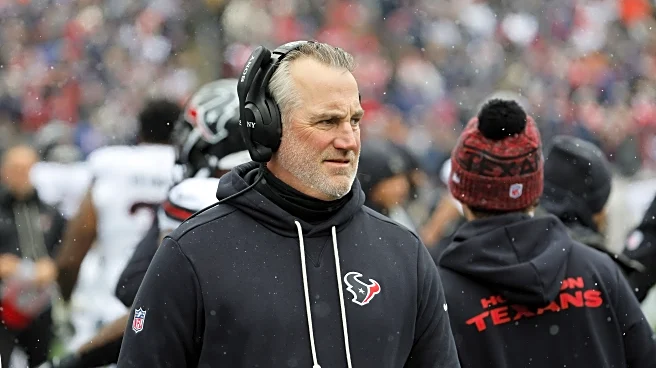Rapid Read • 7 min read
Executive orders are presidential statements directing how administration officials and agencies should implement federal laws. They derive authority from existing statutes or constitutionally enumerated presidential powers. While executive orders are treated as presumptively lawful by federal agencies, they can be challenged in court if deemed unconstitutional or beyond the President's authority. President Trump has signed numerous executive orders, some of which have faced legal challenges for potentially violating constitutional rights.
AD
Executive orders are a powerful tool for presidents to enact policy changes without legislative approval, impacting various sectors such as immigration, healthcare, and civil rights. However, their legality can be contested, leading to judicial review and potential invalidation. This underscores the importance of checks and balances in the U.S. government, ensuring that executive actions do not overstep constitutional boundaries. The ability to challenge executive orders in court is crucial for maintaining the rule of law and protecting civil liberties.
Legal challenges to executive orders will continue to play a significant role in shaping their implementation and impact. As courts review these orders, their decisions will influence the scope of presidential power and the balance between the executive and legislative branches. Future administrations may face similar scrutiny, highlighting the ongoing debate over the use of executive orders in governance.
The use of executive orders raises broader questions about presidential power and its limits. While they enable swift policy implementation, they can also lead to concerns about executive overreach and the erosion of legislative authority. Understanding the legal framework and historical context of executive orders is essential for assessing their impact on U.S. governance and civil rights.
AD
More Stories You Might Enjoy












